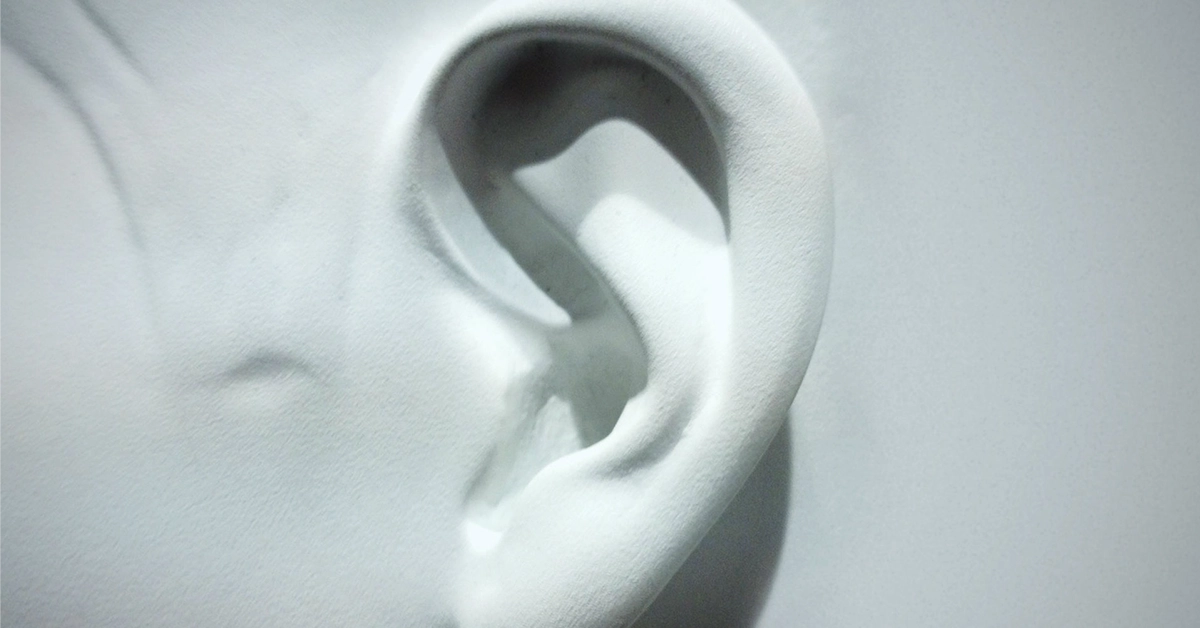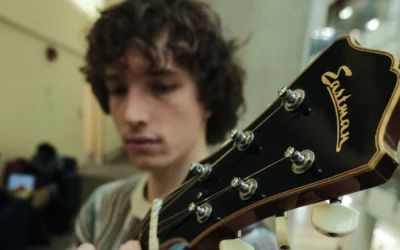Two years ago, Amorena Bartlett sat outside of Griffins Landing for a meet-and-greet with students’ council candidates. The fall election was a week away, and she had stopped by to get a sense of her options.
That afternoon, she walked away with no new information. While the rest of the audience listened to plans and campaign promises, Bartlett, alone with her thoughts, watched as it all played out silently before her.
“As a deaf person, that’s my daily life,” Bartlett says. “I was sitting there, looking at them, thinking, ‘nice pants’.”
Bartlett has trouble participating in programs and activities that hinge on the ability to communicate verbally. She does her best to lip-read when chatting one-on-one, but without a sign language interpreter, group functions on campus are virtually off limits.
At present, the Students’ Association of MacEwan University (SAMU) needs advance notice to meet special needs for events like the biannual meet-and-greet before student elections.
The budget is designed to accommodate requests as needed, not proactively, which means Bartlett and students like her need to contact SAMU before attending.
But Bartlett doesn’t think this course of action makes much sense.
“It’s a public event. Why should I have to?” she says.
“I feel like I had no say. That was key for me as a student. I can’t even vote for my own elected student body. I don’t even know who they are because I wasn’t provided the opportunity to learn.”
Campaign blurbs and clips of the candidates are available online, but the former are scant and the latter go uncaptioned. Without the information afforded to her other classmates, Bartlett has never voted in a student election at MacEwan University.
Over the years, the trouble of arranging access has left the fourth-year sociology student feeling tired and excluded from functions that aren’t immediately accessible. I’ll always need to ask, ‘Is it accessible? Will you provide services? And if not, why not? And if you will, what kind?’ It’s always a journey,” she adds. “That is my normal life, and I do have to get used to it. However, I’m thinking, this is my sixth year here. I have been a deaf student here for a really long time.”
But events surrounding accommodation efforts at this year’s annual general meeting may change how SAMU plans its functions.
At the Food for Thought town hall in February, council and the executive committee met with students to field questions and discuss issues like the U-Pass referendum and students’ association fees.
Hoping to attend, Bartlett emailed SAMU five days prior to ask if the meeting would be accessible.
“Originally our thought was that this (accommodation service) is something MacEwan Services for Students with Disabilities (SSD) could provide,” says Vice President of Operations & Finance Amy Beard.
“Unfortunately, their budget is pretty tight as well, and they don’t have a lot of wiggle room there, so they couldn’t provide that.”
In many cases, SSD arranges interpreters and other aids to help disabled students cope with the demands of academic life. But with limited resources, SSD’s scope is limited to coursework and doesn’t extend much farther than the classroom.
“If it was a students’ association activity, then they would typically be the ones to cover the cost of that accommodation,” says SSD department chair Abigail Parrish-Craig.
“We’re more in a consulting role with respect to how to do those things.”
SAMU found accommodations through Deaf and Hear Alberta, a non-profit organization that supplies interpreting services for the hearing impaired, but the question of payment remained.
SAMU sought to cover the cost with funds allocated for club accommodations, set at $100 for the year. This amount, it turns out, was insufficient. Parrish-Craig estimates the rate for interpreting services to be between $35 and $50 per hour, and notes that bookings often include a two-hour minimum fee, and require multiple interpreters for longer events.
“It does — very quickly — get to be expensive: two interpreters, two-hour minimum, and if they are $50 an hour, now we’re talking $200. That does quite often happen,” she explains.
“Over the years, I’ve definitely said, ‘Be thinking about this. Don’t be surprised, because we don’t want a student to be denied access.’”
To secure the interpreter booking and ensure accessibility for Bartlett, Beard used funds from her special projects budget, a resource pegged at just under $2,800 for each executive committee member.
“Unfortunately, we hadn’t done our research and we hadn’t had the inquiry come in before, so we didn’t know how much it would cost per hour,” Beard says.
Last month, students’ council proposed a $2,000 provision to the governance department’s budget to ensure funds are available for accommodation requests like Bartlett’s in the future. The organization is also discussing the possibility of including interpreters at select internal events, such as town halls.
In the end, Bartlett was unable to attend the town hall, but says she was pleasantly surprised by the effort to include her. She welcomes any changes that make future events more accessible, but she won’t be here to enjoy them.
Set to graduate in the spring, this year marks Bartlett’s last at MacEwan. Without the same ability to drop in and enjoy events on campus, she feels like she missed out on the the full university experience. Still, she’s happy to have made a positive impact.
“I think the fact I called for an interpreter really kicked them in the butt and (made them) realise accommodations are necessary,” she says. “Not just for deaf students, but for the student-with-disability population as a whole.”
Cover photo by Daniel Novta, Flickr, CC-BY.





0 Comments